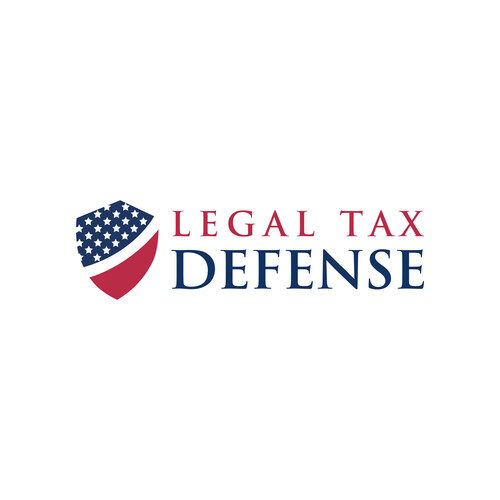National tax relief firm urges taxpayers to stay vigilant as fraudulent callers, fake websites, and deceptive mailers impersonate legitimate tax services.
LOS ANGELES, Oct. 29, 2025 /PRNewswire-PRWeb/ -- Legal Tax Defense, Inc., a national law firm specializing in IRS and state tax resolution, is warning taxpayers to beware of a rising wave of fraudulent activity known as the "Zero Tax Program" scam. The scheme targets individuals and small businesses struggling with back taxes by promising complete debt forgiveness through a fake government initiative.
Scammers often pose as tax professionals or representatives from federal agencies, contacting victims by phone, text, or email. Many use official-sounding names such as the "U.S. Department of Financial Relief Services" and claim that the recipient qualifies for a limited-time program to eliminate tax debt. The real goal, according to Legal Tax Defense, is to trick taxpayers into revealing personal and financial information that can later be used for identity theft.
"These scams are sophisticated and convincing," said Sharon Goldstein-Shapiro, spokesperson for Legal Tax Defense. "They prey on fear. Taxpayers under pressure from the IRS are told they can make everything disappear if they act fast and that urgency is what scammers rely on."
The firm's attorneys report an increase in clients who were contacted by such operations before seeking legitimate help. In some cases, victims paid large upfront fees or provided Social Security numbers and bank details to fraudulent companies that disappeared after collecting payment.
Legal Tax Defense recommends several steps for protection:
- Verify any tax relief offer directly with the IRS or state agency. Government programs are publicly listed and never require payment over the phone.
- Work only with licensed tax attorneys or enrolled agents. Legitimate professionals will have verifiable credentials and clear contracts.
- Be wary of unsolicited contact. Cold calls, text messages, and emails claiming to offer "zero tax" solutions are common red flags.
- Avoid pressure tactics. Scammers often demand immediate action or upfront payments to "secure eligibility."
"The IRS does have programs to help people manage debt legally, but none of them erase tax liability overnight," Goldstein-Shapiro said. "If it sounds too good to be true, it usually is."
For taxpayers seeking legitimate help, Legal Tax Defense offers free consultations to review options such as installment agreements, penalty relief, and offers in compromise. The firm also educates clients on how to identify and report fraudulent operators through the IRS's official scam reporting channels.
"Awareness is the best defense," Goldstein-Shapiro added. "Taxpayers who stay informed and verify before they share information are far less likely to become victims."
For verified information on legitimate tax relief or to schedule a free consultation, visitwww.legaltaxdefense.com.
Media Contact
Sharon Goldstein-Shapiro, Legal Tax Defense, 1 800-804-2769, [email protected], https://www.legaltaxdefense.com
SOURCE Legal Tax Defense



Share this article